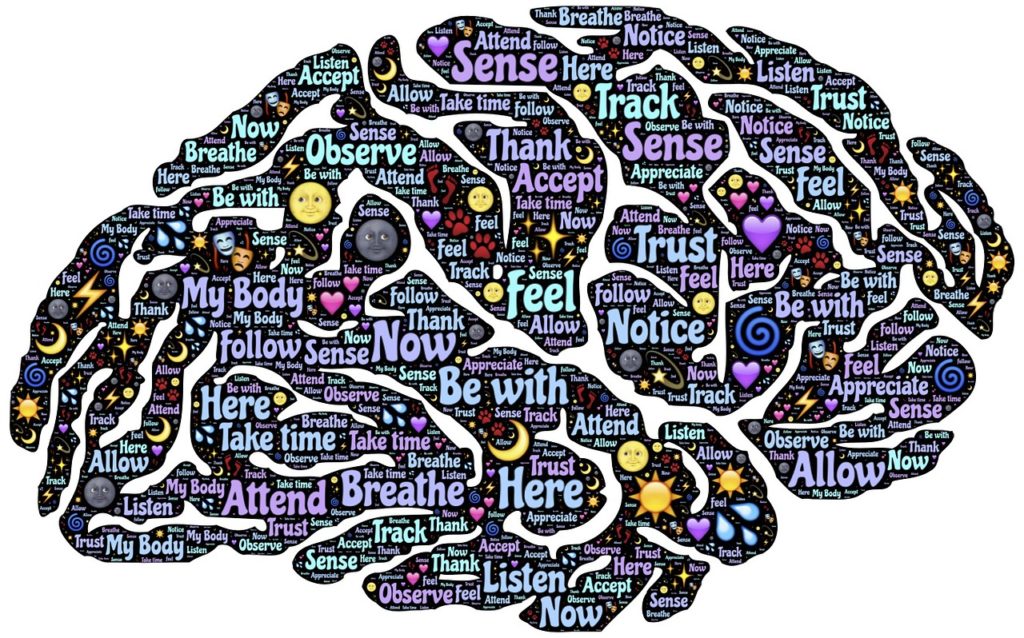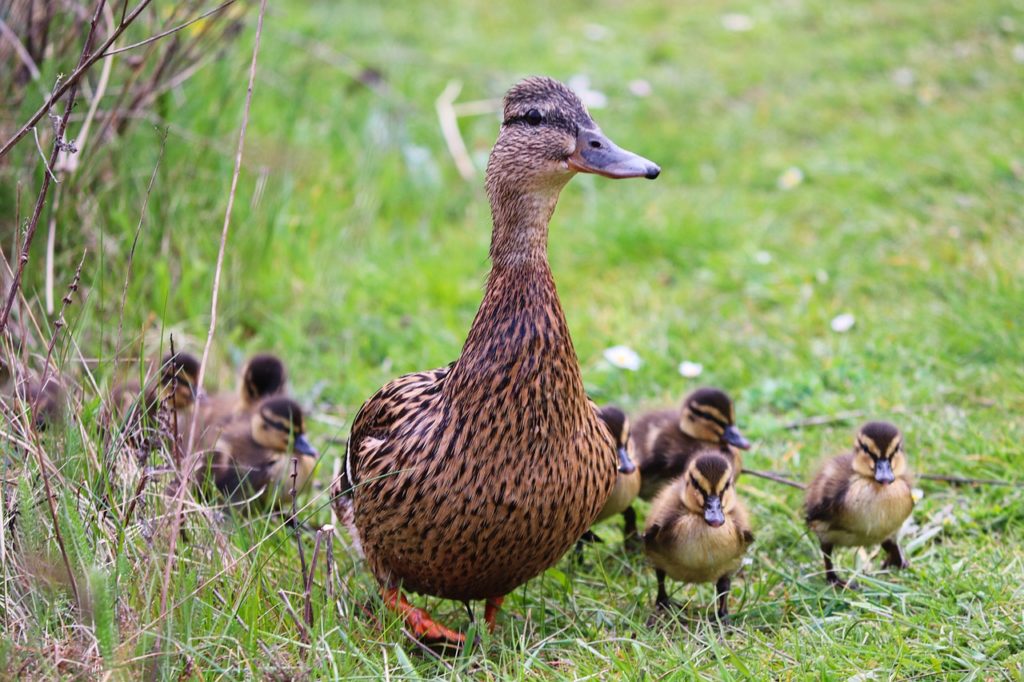Self-Regulation
– Reacting -vs- Responding –
Self-regulation is the process of managing one’s feelings, behaviors, and mood. Most of the time this process is done automatically, with little if any conscious attention (by your Rider) required to effect self-control, balance, and optimism in your life.
Emotionally, self-regulation is the capability to calm yourself down when you’re upset…and cheer yourself up when you’re down. Behaviorally, self-regulation is acting in ways that satisfy your in-the-moment needs/desires while preserving your long-term health and well-being. Mentally – meaning one’s state of mind, attitude, perspective, and outlook – self-regulation is the ability to recognize dissonance and direct remediation.
______
Childhood is much about learning self-regulation skills (driven primarily, of course, by the conditioning influences and experiences one has – as with caregivers/parents, teachers, etc). But, like core and hidden beliefs, one is rarely conscious of how these skills develop or even of being able to name them. Yet most children – most of the time – do find ways to “get through” challenging, difficult or painful experiences (although they may not always meet with social acceptance or approval). And then, finding whatever it is that “works,” continue to use them when faced with subsequent distressful events.
These young skills mostly center around distraction and avoidance, and only later (with the Rider’s developing capabilities) can they mature into more “socially appropriate” and effective strategies and habits. But then…they may not (or have not!) and one’s coping behaviors can evolve into dysfunctional mental states, or worse, lead to harmful and hurtful actions and behaviors.
______
In the ERM, the Elephant/Rider team works together to maintain effective self-regulation. But note that it is the Elephant that first comes up with our emotional reaction to a given situation or trigger. For no one – or more accurately, no one’s Rider – goes through a mental checklist or some kind of cognitive screening to produce an emotional response to some stimulus; rather, it comes up “automatically,” i.e., from the Elephant!
And thus, as your Rider (most usually) accepts the Elephant’s “take” unconditionally – without questioning, consideration, or critical appraisal – you are reacting…and what you do or say next is the product of a limited and naturally prejudiced assessment of what is going on. Now, this is most often precisely what we want (or more accurately, what “we think” we want); it is, in fact, our default experiential mode – because no one wants (or, really, is even able) to stop and have their Rider analyze every feeling and reaction that comes up…
But then…there are critical times when we would be better served by our Rider’s ability to be proactive – to “step up” or “step in” and thus to question, consider, and construct a more appropriate and effective assessment…of what is happening, and how we’re being perceived. By engaging this capability, you are responding… and a more positive outcome is now at least possible.
______
Self-regulation is something we usually do (or fail to adequately do) “without even thinking about it.” This most certainly implies it must have something to do with our Elephant and how it’s been trained…or, unfortunately and to our detriment, improperly or inadequately conditioned. Thus, unless and until we engage our Rider’s ability to process, understand, and learn from our experiences (no matter how difficult, hurtful, or painful they might be), we will likely continue to react in the same way, over and over and over again…
Actually, what usually happens is that we do “learn things” as we go along in life but…unless we really learn to develop some useful and effective psychological skills, we learn slowly or too often insufficiently well enough to ever make the desirable positive change and improvement we could otherwise truly benefit from.
______
Life is inevitably filled with ups and downs, sometimes of our own making but as much (actually far more!) due to external events beyond our control or desire. Learning, developing, and honing our self-regulation skills – like Self-Awareness, Step Back, Breathing, Defusion, Acceptance – is something we can control. And we be fools not to…
_____________________________________
*Elephant/Rider Model: The Happiness Hypothesis, Jonathan Haidt, 2006.

